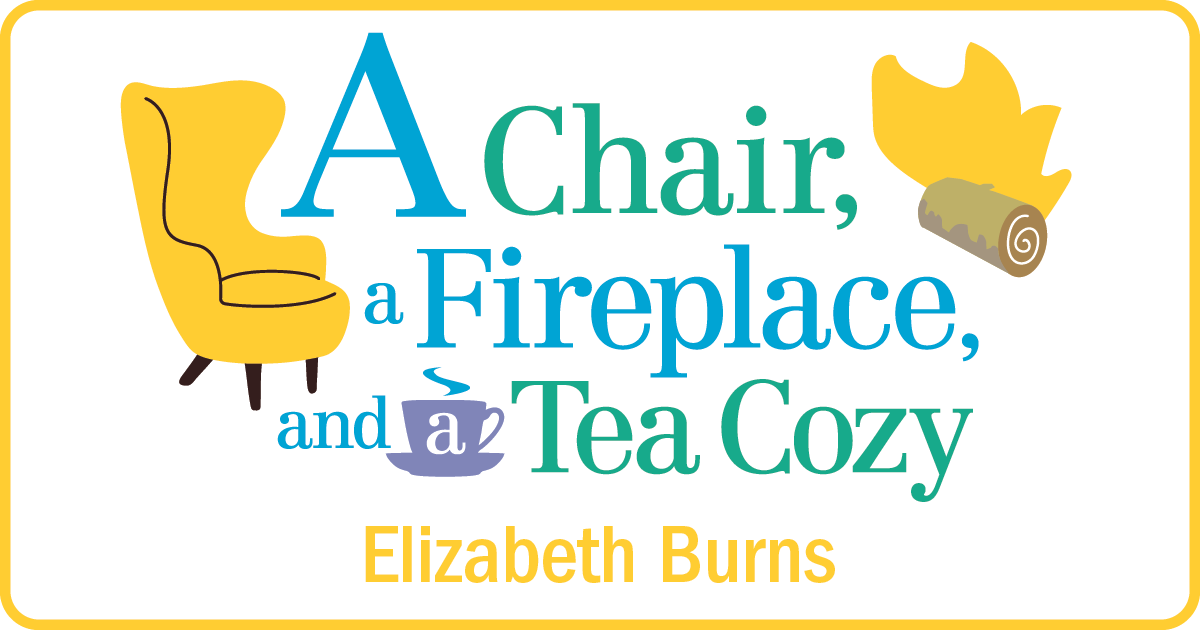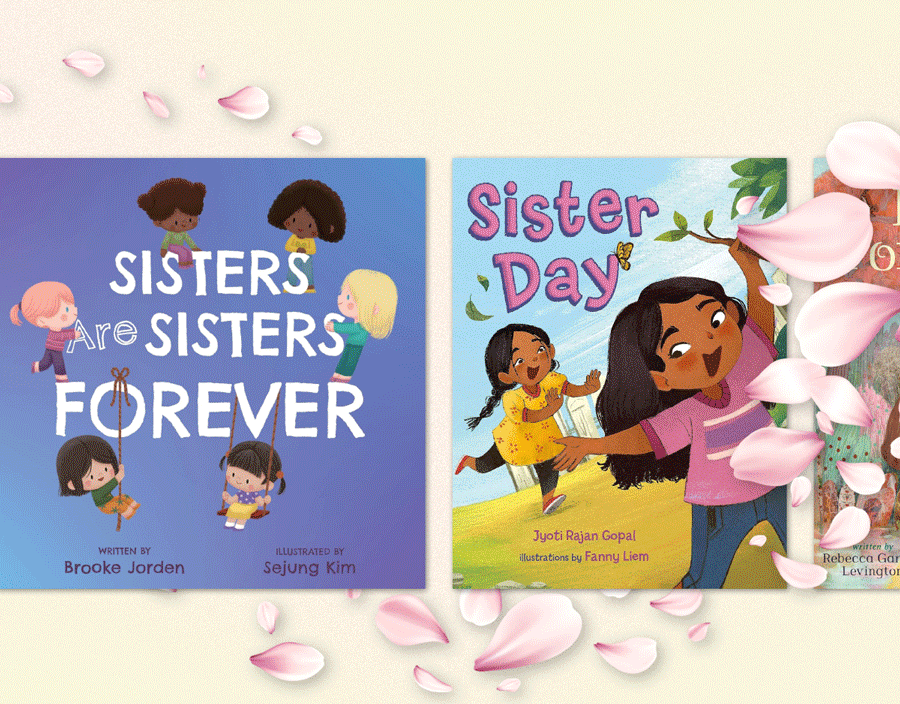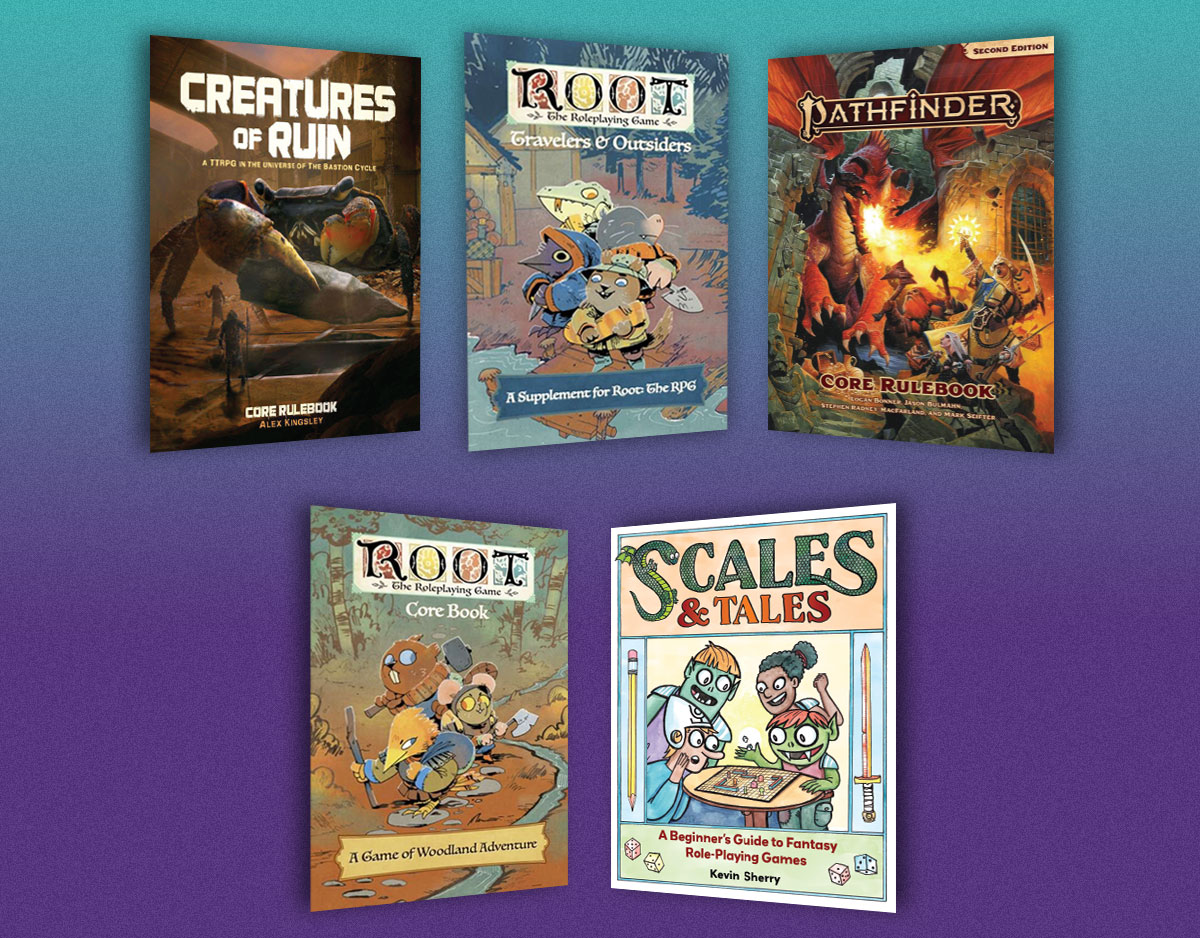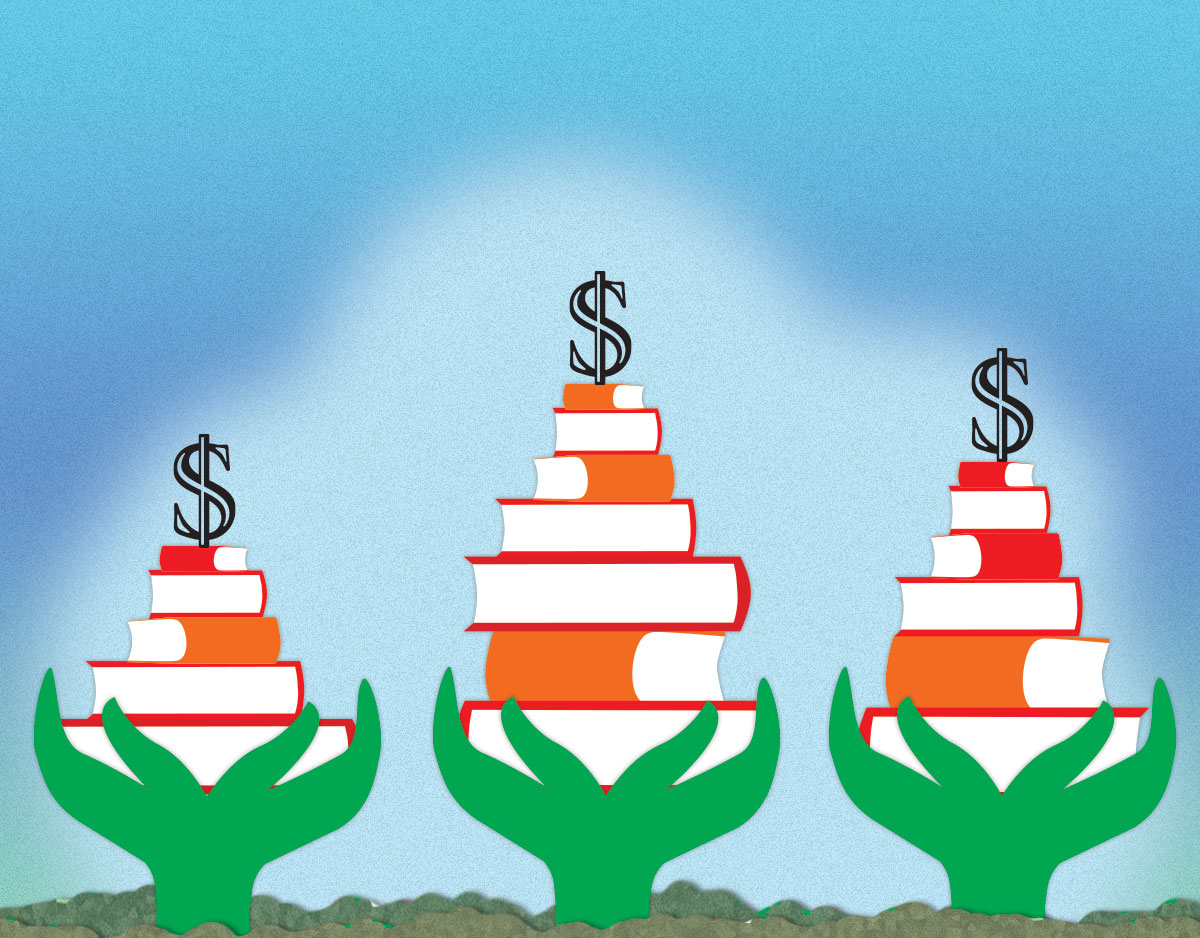SCROLL DOWN TO READ THE POST
Bridget Jones, Allegiant, and Fans
I confess:

When I heard the news about the most recent Bridget Jones book — that Mark Darcy was dead — I felt pissed and betrayed.
Darcy dead?!?! Bridget a widow?!?!
How dare Helen Fielding? How dare she?
Destroying a perfectly good romance! For no good reason! I complained and groused on Twitter and in person.
All this without having read the book.
Darcy dies years before the book begins. It’s not a true “spoiler”, in that the entire book is about Bridget’s life now, after Darcy. I’ve had the chance to process the shocking news, and I’ve gradually come to a point where I’m ready to read the latest Bridget Jones. I placed my hold at the library.
As a reader, I don’t see anything wrong with being angry that what I thought of as a romance, complete with Happy-Ever-After, being ruined by, well, taking away that HEA. I’ve had time to readjust my thinking, true, to look at Bridget as a comedy with romance, rather than a romance.
ADVERTISEMENT
ADVERTISEMENT
I’m still a bit annoyed, to be honest.
This is a bit different, to be true, than some of the disappointed reactions to the ending of Allegiant, the final volume of Veronica Roth’s dystopian trilogy. I haven’t read Allegiant yet; I’ve tried to stay away from the spoilers. It’s not the first time that the ending of a story has disappointed readers. Mockingjay by Suzanne Collins disappointed many.
It’s perfectly OK for fans to be disappointed in what they love; to be disappointed in how that story ends.
I’m a fan of many things: movies, TV shows, books. I get it, that investment and disappointment. The rants I could make on what did, and didn’t, happen in Buffy the Vampire Slayer and Angel alone. I am still not reconciled to the Cordelia storyline. On the other hand, when I heard about the Buffy/Spike pairing I thought it was the stupidest thing ever and it ended up being a pairing I enjoyed.
I’ll repeat: It’s OK to be disappointed.
What I’ll add, though, is what I’ve found, as a viewer and reader and fan, is to be open to the story. And to realize what the story is, or is not. To realize, for example, that Bridget Jones isn’t a romance (or at least the way I define romance, which is HEA), and to read Bridget Jones: Mad About the Boy accordingly.
I’ve found that overall I enjoy the viewing and reading experience when I don’t judge the story on what I wish to happen, but on whether what does happen makes sense for the story and the characters. That can be hard to do, to be sure, especially in the moment of being in the story, of being so connected to it. And just because this is how I read, well, that doesn’t mean it’s how everyone should read. Reading is personal and unique.
Being a fan is about being “so connected”. So involved. It’s about caring. And being passionate.
ADVERTISEMENT
ADVERTISEMENT
As I said, I haven’t read Allegiant. Or the spoilers. So I don’t know the ending, and cannot say anything about it, or anything about the fan reaction, because I don’t have first hand knowledge. And, I’ve only seen the edges of the unhappy fans — I don’t want to be too spoiled about the ending!
But I do know this:
Yes, it can hurt when a story doesn’t end the way you want it to. And that’s OK.
What’s not OK: pushing that hurt and anger and disappointment out onto a person, that is, the author. Kit Steinkellner at BookRiot has a post called Hell Hath No Fury Like a Superfan Scorned, and that headline tells you all you need to know about how some people are acting based on their reactions to Allegiant‘s resolution. (Spoilers in the BookRiot article! Major mega spoilers!) Steinkellner wonders, in part, why fans are reacting this way.
Is part of it that they are teen readers? I’m not sure, because some of the reactions I’ve read are from adult readers. Still, as a teen I remember thinking “oh, bad things never happen to main characters.” Side characters, family members? Yes. The first time I watched a TV show that killed off a person who was major in the storyline, I was shocked and appalled because it was against the rules. Again, I haven’t read Allegiant and have avoided major spoilers, but I wonder — is Allegiant the first time some of the readers have encountered a story that veers from the expected?
As people who work with teen readers, we can give them a place to vent. And cry. And get mad. We can also give them a place to discuss. A good discussion is more than complaining about what happened, but to wonder and explore and try to figure out why. Why something happened. What it means. Whether, as I noted above, it was realistic and true to the plot and story and characters. Because here is something, also — one can be mad and angry about what happens in a story, and still like the story. Or, one can be mad and angry and disappointed, and not attack.
What do you think authors “owe” their readers? What readers “owe” authors?
And have you ever been really, really angry at how a story (or show or series) ended?
Filed under: Reviews, Uncategorized
About Elizabeth Burns
Looking for a place to talk about young adult books? Pull up a chair, have a cup of tea, and let's chat. I am a New Jersey librarian. My opinions do not reflect those of my employer, SLJ, YALSA, or anyone else. On Twitter I'm @LizB; my email is lizzy.burns@gmail.com.
ADVERTISEMENT
SLJ Blog Network
Name That LEGO Book Cover! (#67)
Review of the Day: The Experiment by Rebecca Stead
Free Piano (Not Haunted) | Review
CONNECT THE DOTS: How I used the 5 c’s to go from Harlem to Hollywood to Harvard…to Hairiette!; a guest post by author Tanya Wright
The Classroom Bookshelf is Moving
The Lost Sophie Blackall Interview
ADVERTISEMENT
ADVERTISEMENT







